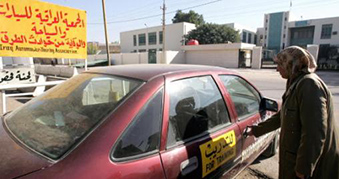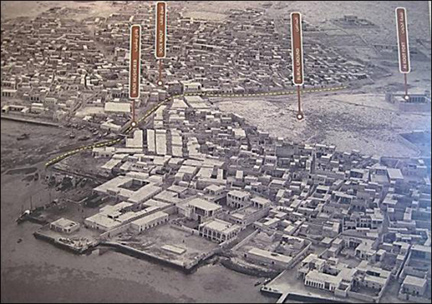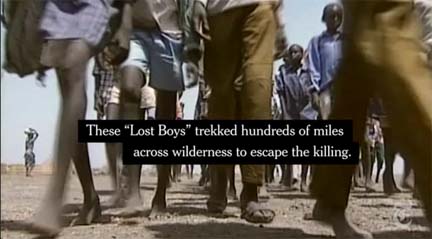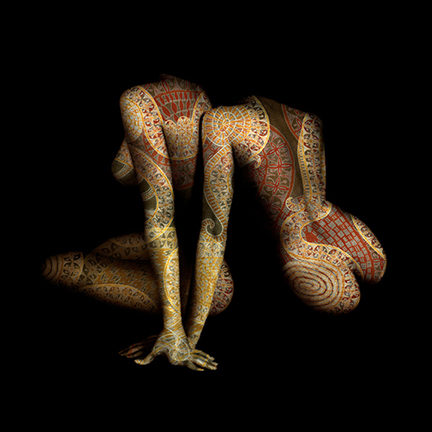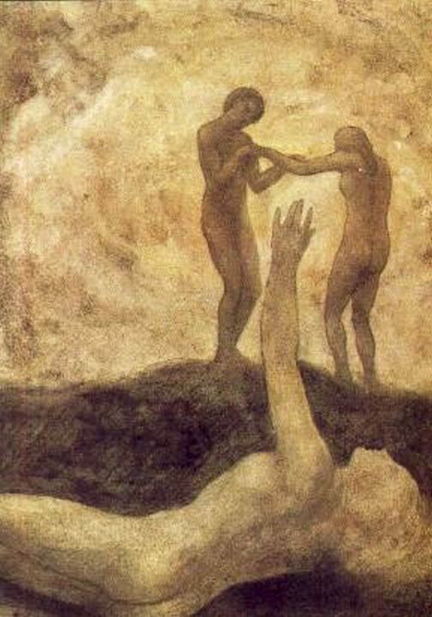
On Marriage by Khalil Gibran
The following is a response by Dr. Najib Sifri of Lebanon to the post and poem entitled “The Collapse of Tradition” by George Elhage.
كتت أعتقد٠انني لن أقرأ لجورج نقولا الØاج قصيدةً مثل ” عقدة الجنس ” بعدما Øملنا العمر ستة عقود٠من الاعوام واكثر . ولكنه يبدو ان شعر جورج كالنبيذ الغالي كلما تعتق ÙÙŠ خوابي السنين صار أطيب وارØب واكثر تأثيرا ÙÙŠ معناه ÙˆÙÙŠ مبناه ..
لقد Øملتني هذه القصيدة الى سنوات الشباب الثائر على التقاليد الجوÙاء وعلى الممنوعات السوداء وعلى المتاجرة بمصير النساء , وكأننا نعيش ÙÙŠ زمن٠غابر٠اكل الدهر٠عليه وشرب !
صØÙŠØÙŒ أنني وهو ÙÙŠ ذلك الزمن قد قطÙنا الرمان وتلذذنا بملمسه ومذاقه , ودخلنا Ùيما دخلنا اسرة الصبايا من كل نوع٠ولون٠وجنس٠ولعلنا كنا من الاستثناءات التي ساعدنا Ùيها كوننا درسنا ÙÙŠ مدارس مختلطة يجلس Ùيها هذا قرب هذه , وانتقلنا الى جامعة هي ايضا تقدس الØرية الشخصية لكل Ùرد رجلا كان او امرأة , اضاÙØ© الى اننا ننتمي الى طائÙØ© دينية غير متعصبة ونسكن ايضا ÙÙŠ امكنة لا Øجاب Ùيها ولا نقاب .
هذه القصيدة التي انشدها جورج ÙÙŠ القرن الواØد والعشرين تدلنا على انه Øتى ÙÙŠ ايامنا كان الامر اÙضل مما Ù†ØÙ† عليه اليوم , Ùبدل من ان يكون القول الى الامام سر Ø§ØµØ¨Ø Ø§Ù„Ù‰ الوراء در …
جورج من الذين يتقنون صبّ المعاني ÙÙŠ قوالبها Ùهو مهندس بارع ÙÙŠ سبك العبارة وتØميلها لصدر وعجز مناسبين تمام التناسب , وهو Ùنان ÙÙŠ ضبط الايقاع عدا انه مصور ماهر ذات خيال خصب وهذا ما يميز هذه القصيدة Øيث ان هناك كثيرين ممن كتبوا ÙÙŠ هذا الموضوع لكنهم اخÙقوا , ولعل كل بيت من أبيات هذه القصيدة ÙŠØتاج الى صÙØØ© اواكثر تدقيقا وتمØيصا وليس هنا المكان المناسب لهذا الامر , Ùليست هذه سوى رسالة شخصية لصديق يرسل الى اخيه خواطر من القلب الى القلب .
هي الثقة مشكلتنا ÙÙŠ هذا الشرق , Ùلا ثقة لام٠بابنتها , ولا ثقة لاخ٠باخته , ولا لزوج بزوجته , ولا بامة بنسائها , ولالرجل بنÙسه ,لان تواريخ الشعوب مكتوبة على وجه نسائها Ùأين تقع هذه التواريخ واين نجدها واكثر نسائنا تضع الاقنعة السوداء على وجهها رØمنا الله وهنيئاً لجورج الØاج …..
